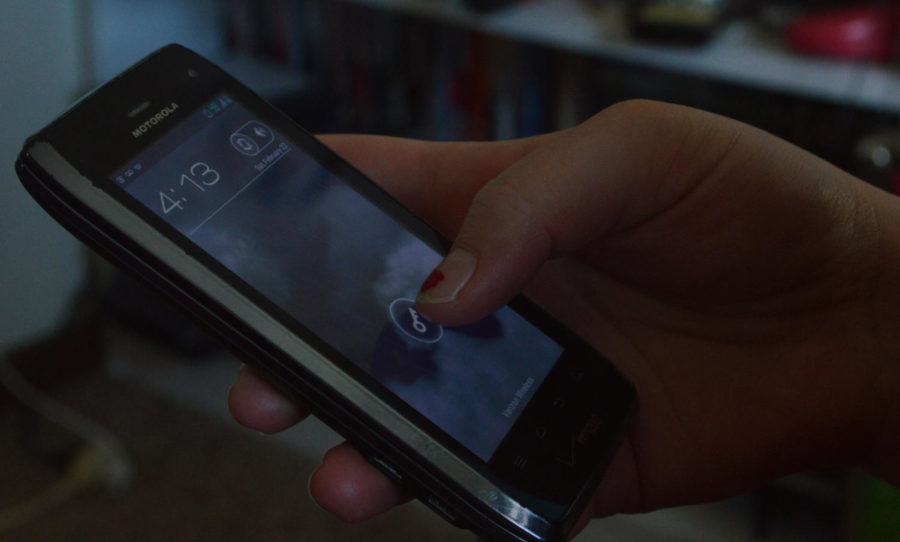Facial recognition apps pose privacy risks
As technology develops, many people have access to face recognition apps with their smart phones.
February 24, 2014
Privacy and personal identity may soon be more difficult than ever to protect as new facial recognition technology emerges onto the market.
Brian Mennecke, associate professor of supply chain and information systems, has been involved with research that investigates the ways that this new technology could be utilized as well as abused by users.
For the past four years, Mennecke has researched marketing avatars, dubbed “mavatars,” and the ways that businesses can create individual avatars for consumers in order to advertise on a personalized basis.
This kind of personalized approach using biometrics such as facial recognition technology is not entirely new. Law enforcement agencies have been using it to identify criminals for some time now, but as the software becomes more accessible, smaller institutions and even individuals may soon have access to it on their smart phones.
Many consumers may have experienced facial recognition already, such as on their smartphone and on social media sites like Facebook, which prompts you to tag people in pictures. This type of facial data collecting is consensual.
Consent however, has not always been required for many of the facial recognition systems that are already in place, and many of those that we may see in the future in peer-to-peer applications.
“It’s sort of a wild west,” Mennecke said, in reference to the peer-to-peer domain.
This raises concerns about privacy infringement for individuals who do not wish to have their features documented. Mennecke said that many people are “freaked out” by the idea of facial recognition. He mentioned that the word “creepy” is often used in conversations about the software.
To illustrate his concern over the inability to hold individual users accountable, he tied the peer-to-peer use of the software to the war on terror.
“Just like when you’re trying to fight terrorists you don’t know who is out there, and you don’t know who is using the facial recognition app,” Mennecke said.
This reinforces the idea that in the hands of individuals, where accountability is hard to maintain, the software may endanger privacy and basic civil liberties.
Alternately, the software could be used to help protect individual identity by utilizing the unique features of a person’s face to gain access to devices such as phones or to make ATM withdrawals.
Mennecke said that the software has an appeal for identity management, and that people may “be willing to add more security and more features to prevent people from assuming their identity.”







